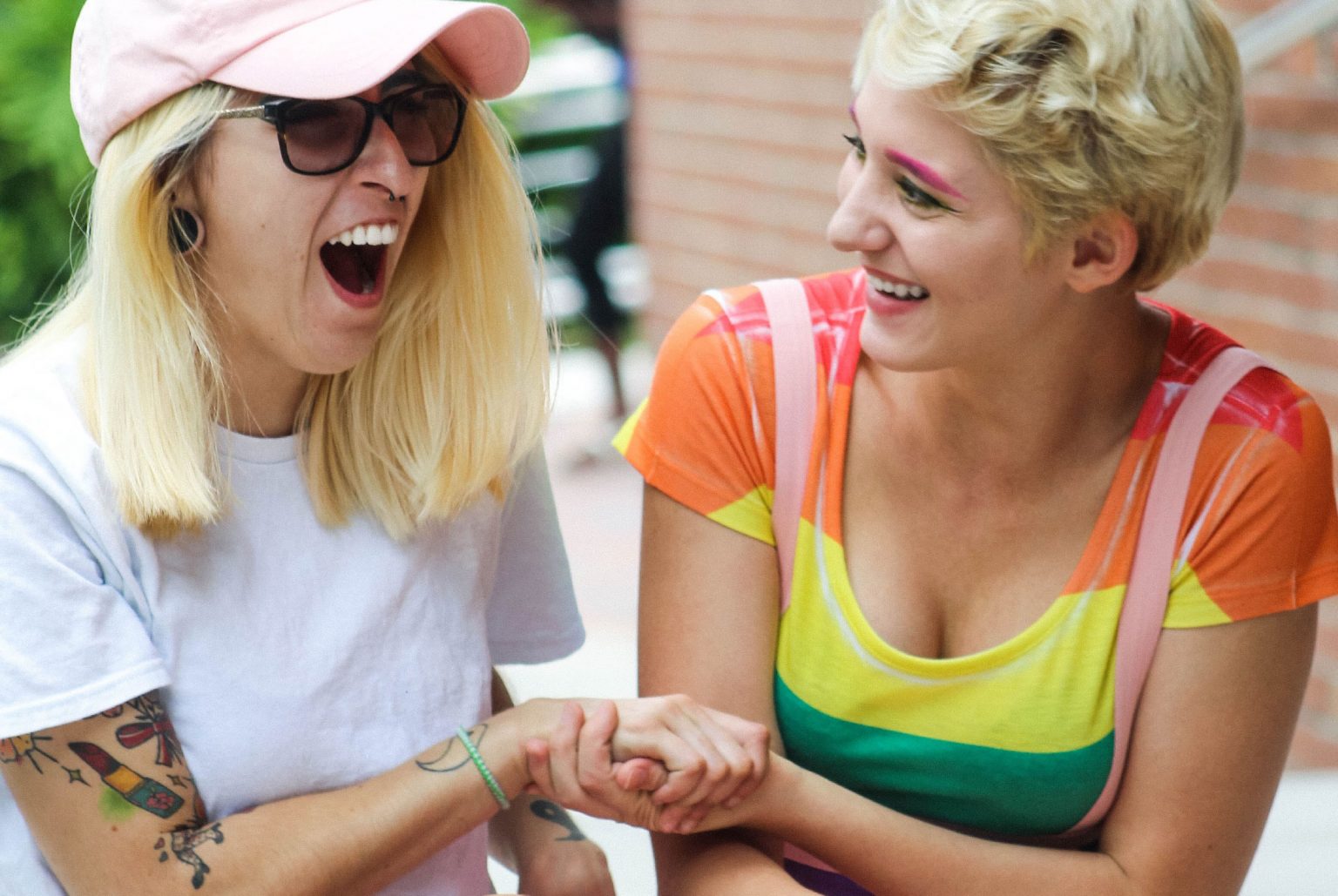Relationships and mental health go hand in hand. Humans are relational beings — we want and need to belong. But do healthy relationships underpin our mental health, or does good mental health ensure healthy relationships? Turns out, it may be a little of both.
Time and time again, it’s been said that close relationships are what keep us happy throughout our lives. Safe and healthy relationships with friends, family and work colleagues protect us in times of adversity, change and uncertainty. They also help us recover from illness and despair.
If we are surrounded by people who love and care for us, all aspects of our physical, emotional and mental health will be more stable, according to a 2012 study by Harvard University. This means happiness and good health largely come from our relationships. Tending to your relationships is a form of self-care that’s just as important as taking care of your physical health.
In a supportive and caring environment, people feel less alone, less anxious and less fearful of life. We know how to reach out for support before challenges become too overwhelming, and we’re able to bounce back from adversity.
Good relationships aren’t just a bonus in our lives – they’re essential to being and staying well.
The quality of our relationships matters more than the quantity
Everyone has moments when relationships with friends, colleagues, family or partners can be tricky or problematic for a short time. Relationships don’t have to be – and can’t be – ‘perfect’ to be valuable. The most important thing is that we feel we can count on our loved ones to be there for us when the going gets tough.
However, if things continue to sour or go badly over time, we can become distressed, lonely and disconnected, even when we’re surrounded by people. Living in conflict or within a toxic relationship is more damaging than being alone.
Close personal relationships ending can have a devastating impact on mental health. Loneliness and isolation are major risks after a relationship breakdown, when older children leave the family home, or following the death of a partner.
This can also happen following the loss of a job, after retirement, or other periods of unemployment, when daily, positive and purposeful connections diminish.
We also know that continuing conflict between adults in a household with children will not only cause stress for the adults. It can also negatively affect the children’s wellbeing and normal development.
In situations of domestic violence, when one person uses tactics of fear and intimidation to control another, the victim’s ability to make and sustain positive relationships in the future can be undermined.
Children and young people witnessing violence are affected and may leave home early before they have the necessary and adequate resources to be independent. People who use violence can sometimes have mental health issues and addictive behaviours that need addressing.
How mental health affects our relationships
Just as our relationships affect our mental wellbeing, mental distress can also affect our relationships.
When we struggle with anxiety, depression or other mental health issues, we often have less interest or energy for our loved ones. We find it harder to participate in activities that connect us and, as a result, find it easier to withdraw into ourselves. For couples, one person in the relationship may become distant and the balance of mutual support may be lost for a while.
People experiencing mental health issues can feel shame and self-blame, leading to negative thoughts, which act against feelings of closeness and connection.
How can I improve my relationships?
To start, think about the relationships you currently have, and the sorts of relationships you would like to have. For example, you might want to make new friends, or strengthen your existing relationships.
If you want to strengthen existing relationships, reach out to people you already know, such as co-workers, family, friends-of-friends or neighbours. Suggest that you would like to be in touch more often, and organise to have a coffee, go for a walk, or do another activity you both enjoy.
If you are experiencing a period of unemployment and are feeling lonely as a result, you may need to be more intentional in fostering existing relationships or making new connections.
If you want to make new friends or social connections, joining a club or group is a great idea. Check out your local community centre to see if there are any groups you might be interested in. Another option is Meetup – a website and app that brings together people based on common interests.
Good relationships take time and energy
Ultimately, every one of us needs good, supportive relationships to maintain our mental health, and good mental health to sustain our relationships. They go hand-in-hand.
Remember that building new connections and working on existing relationships often takes time, but it’s always worth it Be patient and congratulate yourself for doing something that’s been proven to have a positive impact on your emotional and physical wellbeing.
Get support when you need it
If you are experiencing mental health issues, it might feel impossible to put time and energy into our relationships, even if it’s with a close friend or family member, and even when we know it’ll help us in the long run.
If that’s the case, it’s important to get the support you need, as it can have flow-on effects elsewhere in your life. Speak with your GP or contact a support service like Beyond Blue – they’ll help you decide on the best next steps.
It’s also okay to take some time out from your relationships to focus on your mental health.






